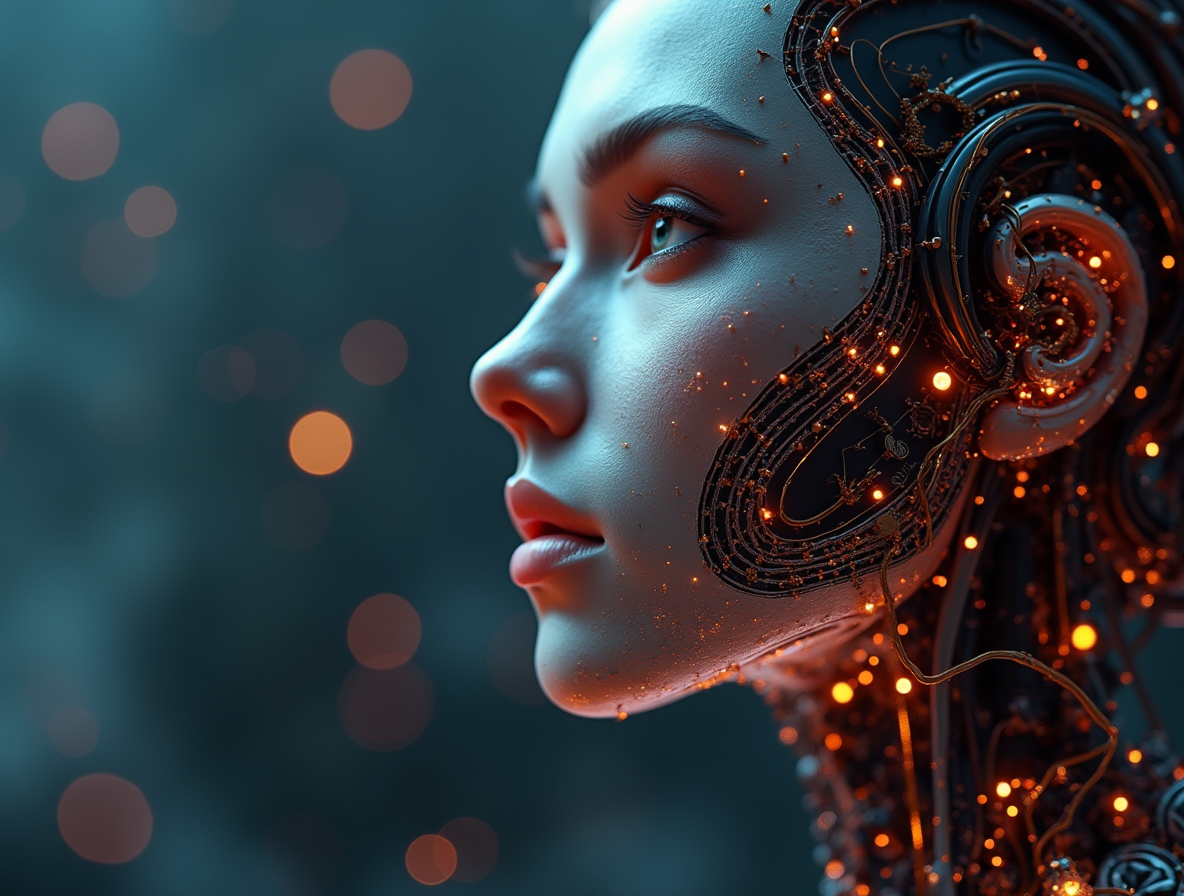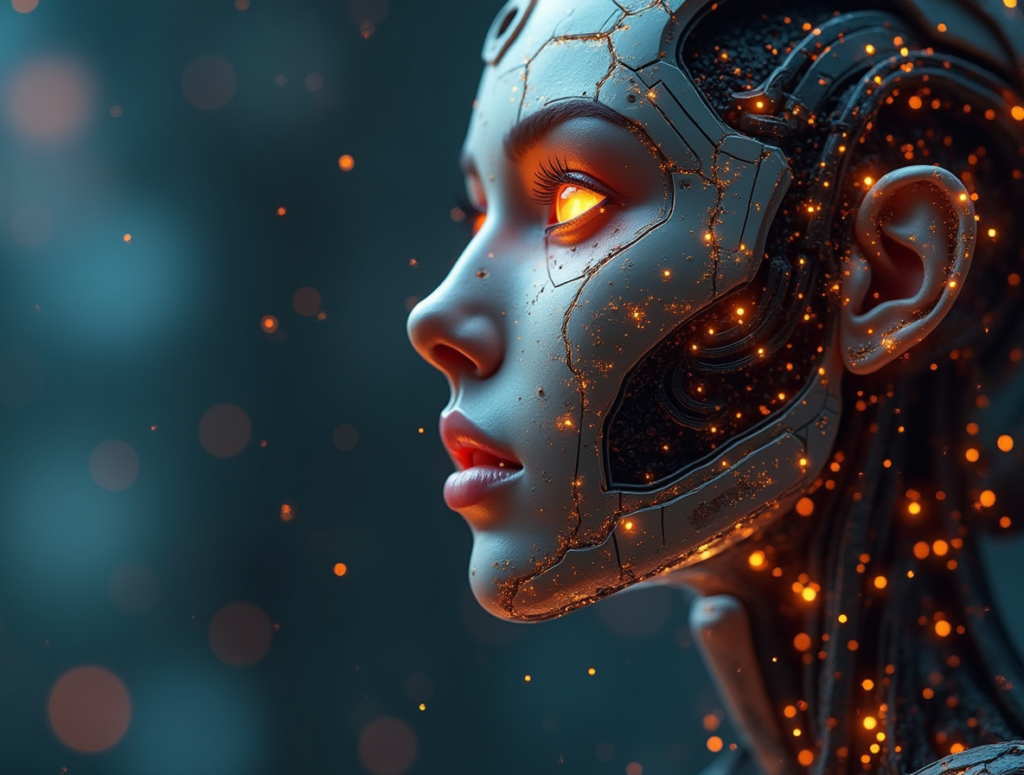
The Rise of Artificial Intelligence
Artificial Intelligence (AI) has rapidly emerged as one of the most transformative technologies of the 21st century, revolutionizing industries, economies, and everyday life. From its early roots in computer science to its current applications across various sectors, AI has evolved into a powerful tool that is reshaping the world.
What is Artificial Intelligence?
Artificial Intelligence refers to the development of computer systems capable of performing tasks that typically require human intelligence. These tasks include problem-solving, decision-making, language understanding, image recognition, and even creativity. At its core, AI seeks to create machines that can mimic, or even surpass, human cognitive functions.
The Evolution of AI
The concept of AI dates back to the 1950s when computer scientists like Alan Turing and John McCarthy began exploring the idea of creating machines that could think. The early years saw the development of basic algorithms and rule-based systems, but it wasn’t until the advent of machine learning and neural networks that AI truly began to take off.
Machine learning, a subset of AI, allows systems to learn from data and improve their performance over time without explicit programming. Neural networks, inspired by the human brain, enable AI systems to process vast amounts of data and identify patterns, making them particularly effective in tasks like image and speech recognition.
AI in Everyday Life
Today, AI is deeply integrated into our daily lives, often in ways we might not even realize. Voice assistants like Siri and Alexa, recommendation algorithms on Netflix and Spotify, and even the spam filters in our email are all powered by AI. In the healthcare sector, AI is used to analyze medical images, predict patient outcomes, and even assist in surgeries.
The financial industry relies heavily on AI for fraud detection, algorithmic trading, and personalized banking services. In manufacturing, AI-driven robots and automation systems have transformed production lines, improving efficiency and reducing costs. The potential applications of AI are virtually limitless, and its impact is being felt across every industry.
The Promise and Challenges of AI
The promise of AI is vast. It has the potential to solve some of the world’s most pressing problems, from climate change to global healthcare challenges. For example, AI models are being used to predict climate patterns and optimize renewable energy sources. In medicine, AI-driven drug discovery is accelerating the development of new treatments for diseases like cancer and Alzheimer’s.
However, the rise of AI also presents significant challenges. One of the most pressing concerns is the ethical implications of AI. As AI systems become more autonomous, questions about accountability, transparency, and fairness arise. There are fears that AI could perpetuate or even exacerbate existing biases, leading to unfair outcomes in areas like hiring, law enforcement, and credit scoring.
Moreover, the rapid advancement of AI technology has raised concerns about job displacement. While AI has the potential to create new jobs, it could also render many existing roles obsolete, particularly in industries like manufacturing and customer service. Ensuring that the workforce is prepared for this shift will be a critical challenge for governments and businesses alike.
The Future of AI

As AI continues to evolve, its role in society will only grow more significant. Researchers are exploring advanced AI techniques like deep learning, reinforcement learning, and natural language processing to push the boundaries of what AI can achieve. The future may see the rise of truly autonomous AI systems capable of performing complex tasks with little to no human intervention.
In addition, AI is expected to play a crucial role in addressing global challenges, from enhancing cybersecurity to driving sustainable development. However, realizing the full potential of AI will require careful management of its risks and a commitment to ethical principles.
Conclusion
Artificial Intelligence is no longer just a concept from science fiction; it is a reality that is transforming our world in profound ways. As we continue to unlock the potential of AI, it is essential to navigate its challenges with foresight and responsibility. By doing so, we can harness the power of AI to create a future that is smarter, more efficient, and ultimately, more humane.






